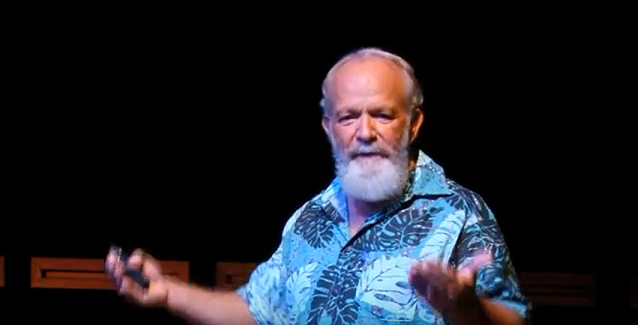The Palladium Group Supports “Happy Chicken Project” in Fiji.
In February 2017 the Palladium Group provided funds to KYEEMA to support the “Happy Chicken” program at the Sustainable Livelihoods Farm in Fiji. The project is being implemented by the NGO “Sustainable Environmental Livelihoods for the Future (SELF)” with support from KYEEMA in Brisbane.
Poultry ranks second to seafood as the most important protein source for South Pacific Nations. However, the industry is dominated by commercial factory-type farms completely reliant on New Zealand breeding farms for broiler and layer chicks. The imported chickens are poorly suited to village conditions, require expensive imported feeds to ensure productivity, and do not breed well in local conditions, which maintains dependence. Localizing the industry, at least to meet rural community demand, will increase both food security and prosperity.
The project aims to meet the increased demand for climate-adapted chickens for cyclone rehabilitation and food security in South Pacific communities. Village farmers have well-adapted local breeds, but they are not very productive. Flocks are small and chicks are almost never available for sale. SELF has succeeded in crossing imported layers with local roosters to produce chickens that are both productive and well adapted to village-level and free range conditions; able to thrive by foraging on locally available foods. Continued breeding work will further improve the productivity of these local breeds. An upgraded hatchery will be established for SELF’s new breeding facility to increase production to meet the immense and urgent needs across a wide regional area. SELF has hatched and distributed over 20,000 chicks to poor rural people across Fiji since 2013. With the additional funding, SELF hopes to increase production to 10,000 chicks per year.
Austin Bowden-Kerby’s Suva TEDx talk on coral farming in Fiji.




